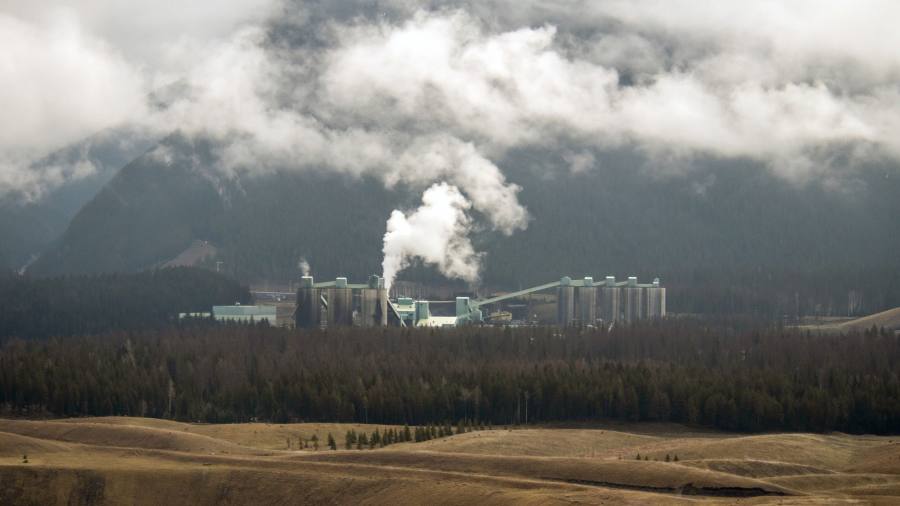
Receive free Glencore updates
We’ll send you a myFT Daily Digest email rounding up the latest Glencore news every morning.
Glencore chief executive Gary Nagle struck out at European investors for placing ESG above financial returns, as he defended a proposal by the London-listed miner to list a spin-off of its coal business in New York.
New York was an attractive place to be listed compared with London because American investors were “more pragmatic”, Nagle said.
“In Europe, investors seem a little bit more focused on ESG [environmental, social and governance concerns], and it seems to be the ESG desk that makes more decisions — and returns are sometimes put second or third in the list. That’s a concern for us,” said Nagle, speaking at the Melbourne Mining Dinner in London on Thursday.
However, Glencore — the world’s most profitable coal miner and one of the largest companies on the London Stock Exchange — was not considering changing its listing now, he added.
As part of its pursuit to take over Teck Resources, Glencore has proposed creating a New York-listed coal giant — combining the Canadian group’s steelmaking coal business with the Swiss-based company’s extensive thermal coal production.
Nagle said his conversations with investors on either side of the Atlantic highlighted vastly different approaches taken by the two groups. “American investors in my view seem to take a more pragmatic approach towards it, where they want the yield,” he said.
The comments mark a rare public appearance for Nagle, almost two years into becoming only the fourth chief executive at one of the world’s largest commodity producers and trading houses.
His remarks also come as more London-listed companies are starting to examine whether they should move their listings to New York, where valuations are higher for certain sectors.
Nagle did not rule out moving Glencore’s listing to New York — for the whole company as it exists currently — but said he was not actively considering it.
“If we’re in a situation where we feel we are not getting the recognition, not getting the valuation and not getting the pool of capital for us in London, then it is something we would potentially consider. But it’s certainly not something we would consider now,” he said.
Earlier this year Nagle, a fast-talking South African like his predecessor Ivan Glasenberg, made the biggest bet of his tenure with a $23bn bid to acquire Teck Resources and split its business as part of the deal.
After that deal was rejected by the Teck board, Glencore offered to buy Teck’s coal business in cash. Discussions on that are ongoing.
However, a growing number of Glencore’s shareholders have questioned its coal strategy. At the company’s recent annual meeting, 30 per cent of shareholders voted against the company’s climate progress report, up from 24 per cent the previous year.
Nagle blamed “some ESG person in the basement in office number 27” engaged in a box-ticking exercise as the reason behind the increase in dissent.
He said the vote on the climate report showed “overwhelming support from our shareholders”, with 70 per cent in favour of the measure.